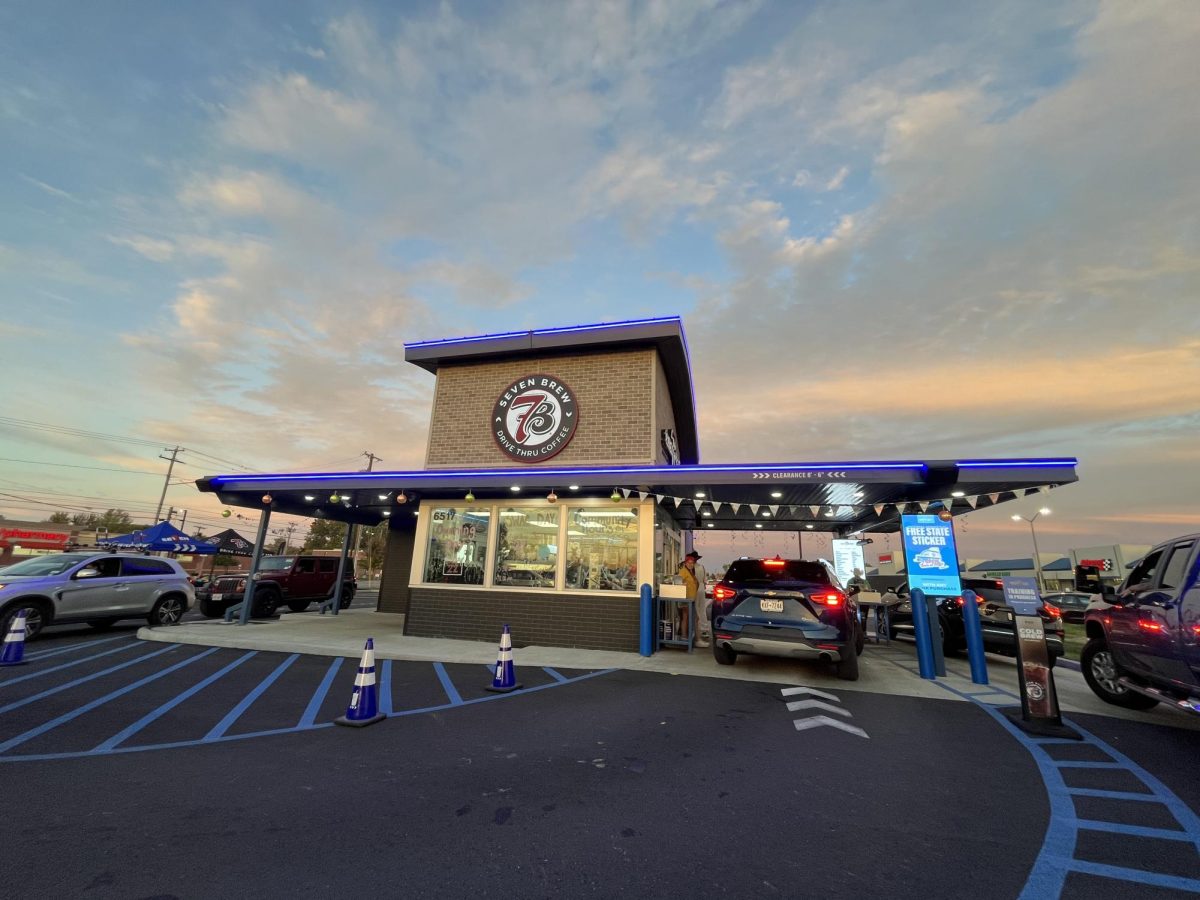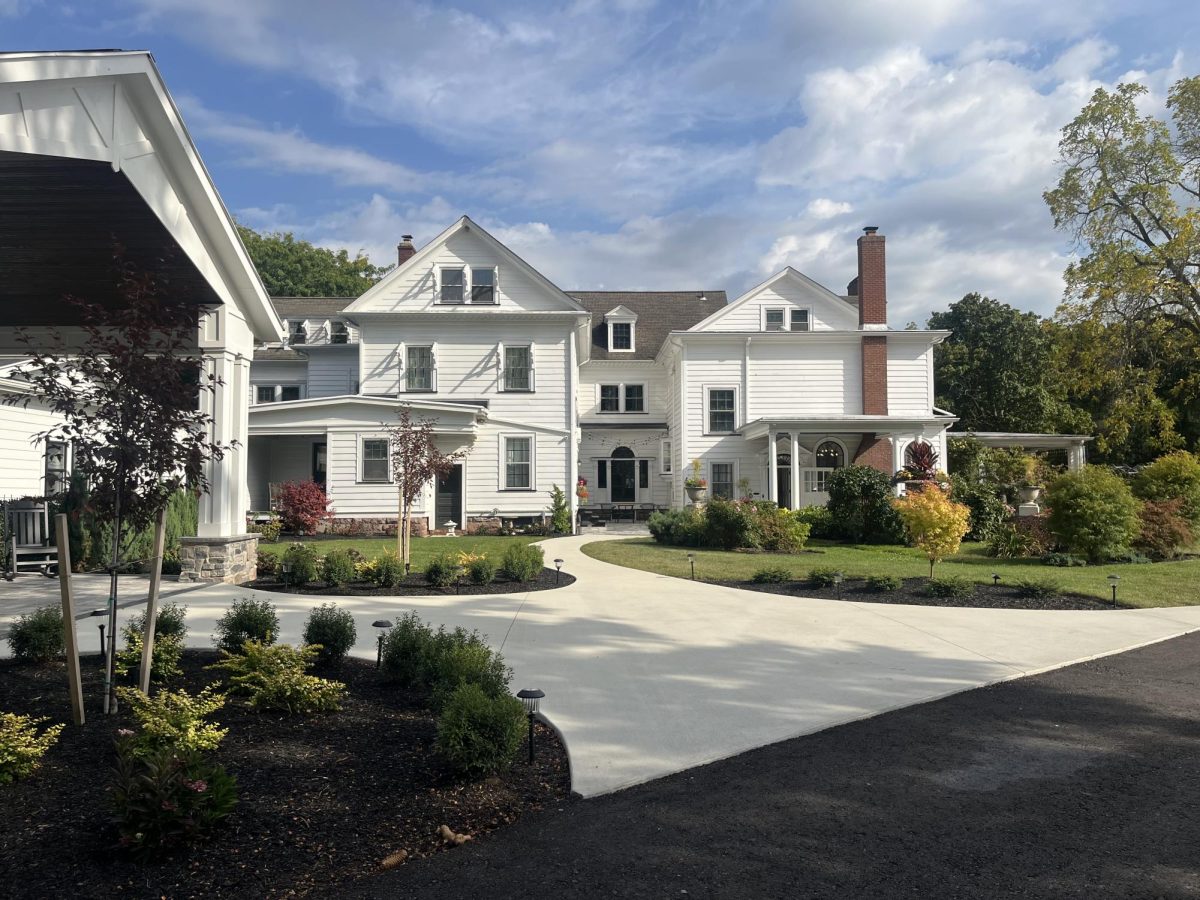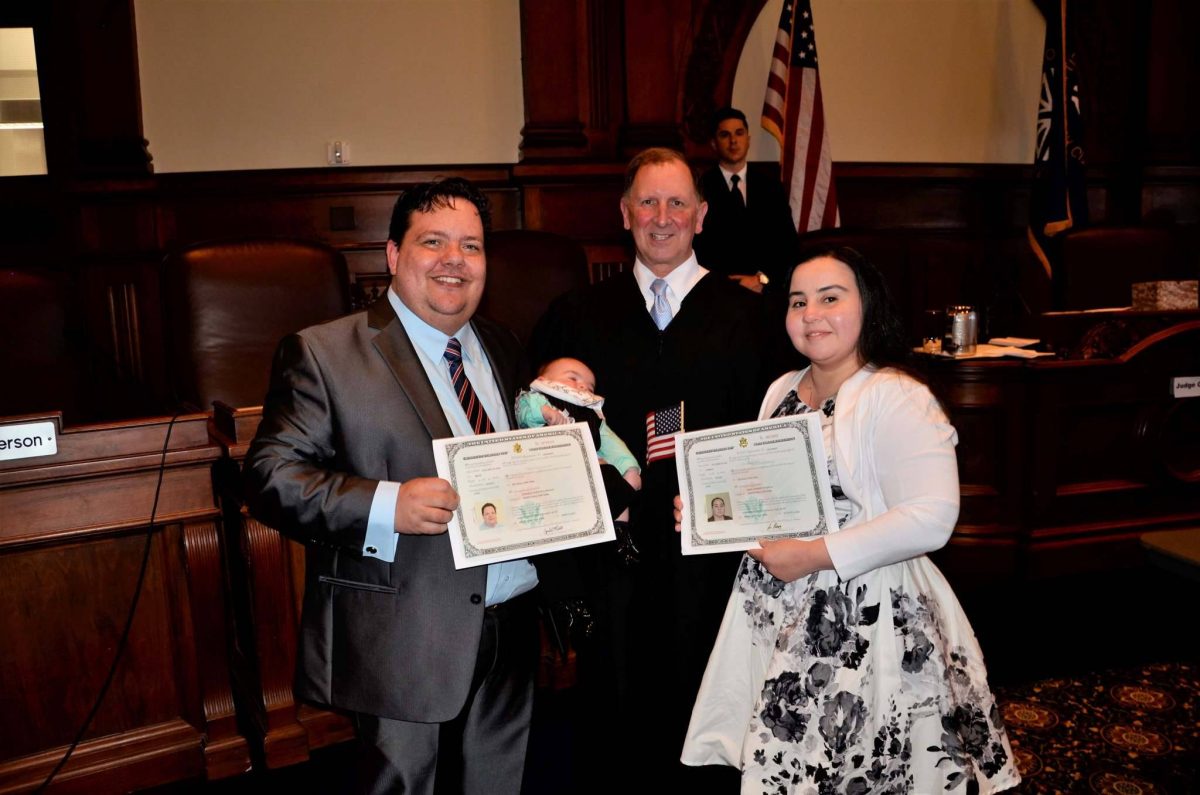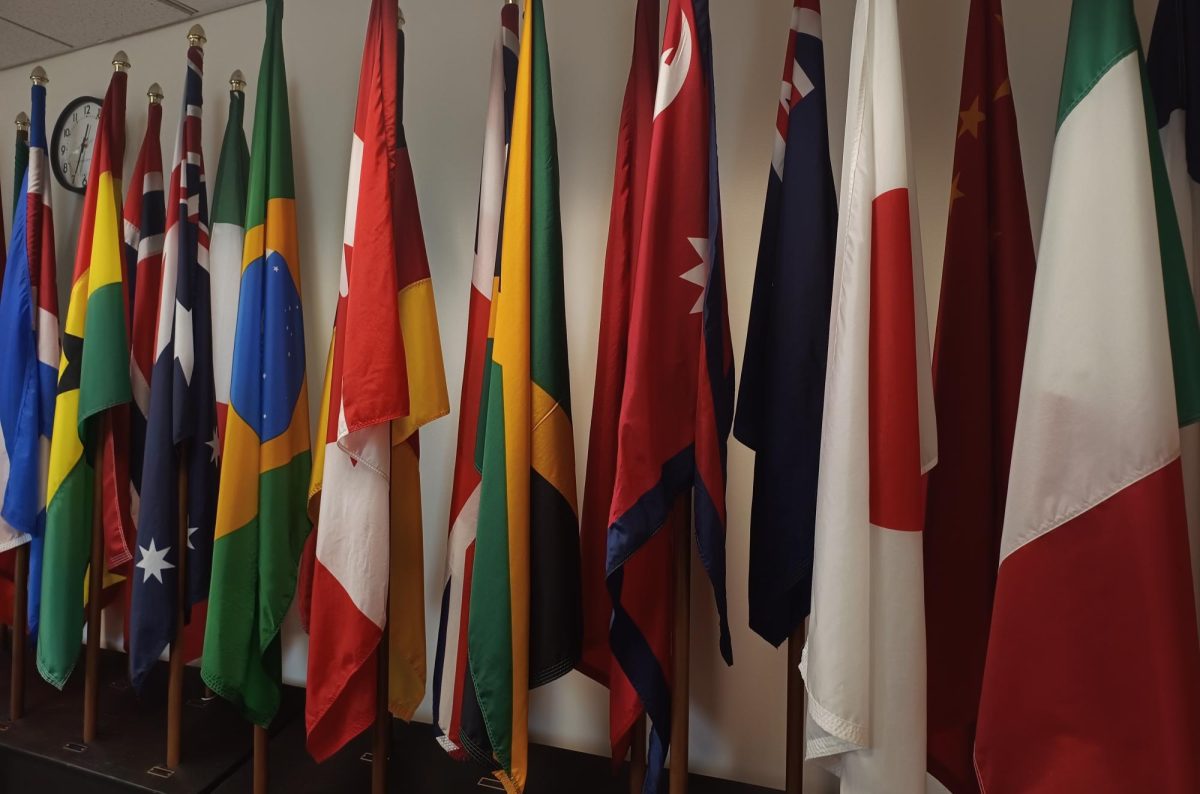By: Estefania Urdaneta
Freedom is a concept that many natural-born American citizens take for granted. Marla Garcia doesn’t take freedom for granted. Freedom is not a concept. It is a way of life. A way of life she didn’t always have.
Garcia lived in Cuba for 30 years. Now, she has lived in Rochester for 12 years, enjoying the freedom she was denied for a long time.
“The biggest reason why I chose to come here was because of my political views,” Garcia said. “I was constantly getting in trouble with those around me because of the things I would say. In Cuba, there is always someone watching, always listening, hoping to turn you into the CDR (Committee of Defense of the Revolution). I couldn’t continue taking that risk.”
Aside from the lack of freedom and constantly having to suppress her thoughts in fear of who might be listening to her conversations, Garcia also had to deal with food rations.

“You could only get certain items like milk if you had a child under seven years of age,” Garcia said. “You could only get seven pounds of rice and a pound of beans a month. You could only get small quantities of chicken or fish. I couldn’t continue living like that. That was no way of living.”
Another issue Garcia faced when living in Cuba, was how little she was getting paid for the work she was doing.
“After I graduated, I started working as a teacher,” Gracia said. “Years later, I became the vice principal of the school and then the principal. I loved my job, the problem was that then I was working as the principal of the school, I was only making $12 a month.”
Through a friend in Mexico, Garcia was able to get a letter of invitation, which allowed her to leave Cuba for 10 days.
“I was only allowed to be out of the country for 10 days, but I didn’t go back. I had the opportunity to escape, and I took it,” Garcia said.
On her way to the Mexican border, Garcia met Enrique Carballo, who was on the same journey as her, escaping the same tyranny in hopes of finding a better place to live.
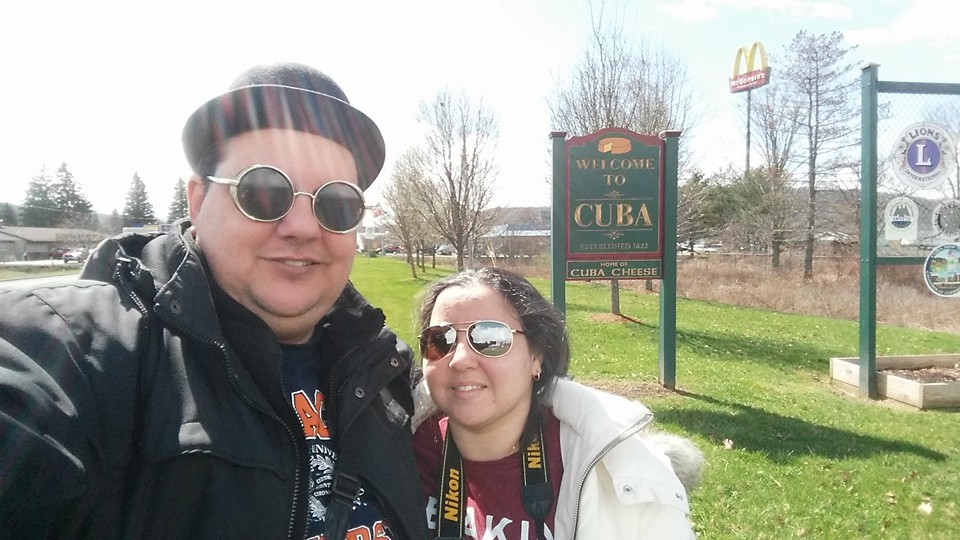
“I met Marla on a bus on our way to the border,” Carballo said. “We talked about our plans and decided to stay together once we crossed the border. We got separated when we went through immigration, and she waited for me until my paperwork was ready.”
After Garcia and her husband crossed the border with political asylum, they took a bus to Miami, where Garcia was able to reunite with some of her family members. While they spent two months in Miami, the USCCB (United States Conference of Catholic Bishops) helped them find a place to live through the Catholic Family Center.
“I didn’t want to stay in Miami, and we needed all the help we could get, so it wasn’t hard to convince Marla to come with me to Rochester,” Carballo said. “The Catholic Family Center picked us up from the airport when we arrived at Rochester. They paid for the first months of rent for a studio apartment. They gave us cash and food stamps until we were able to get on our feet.”
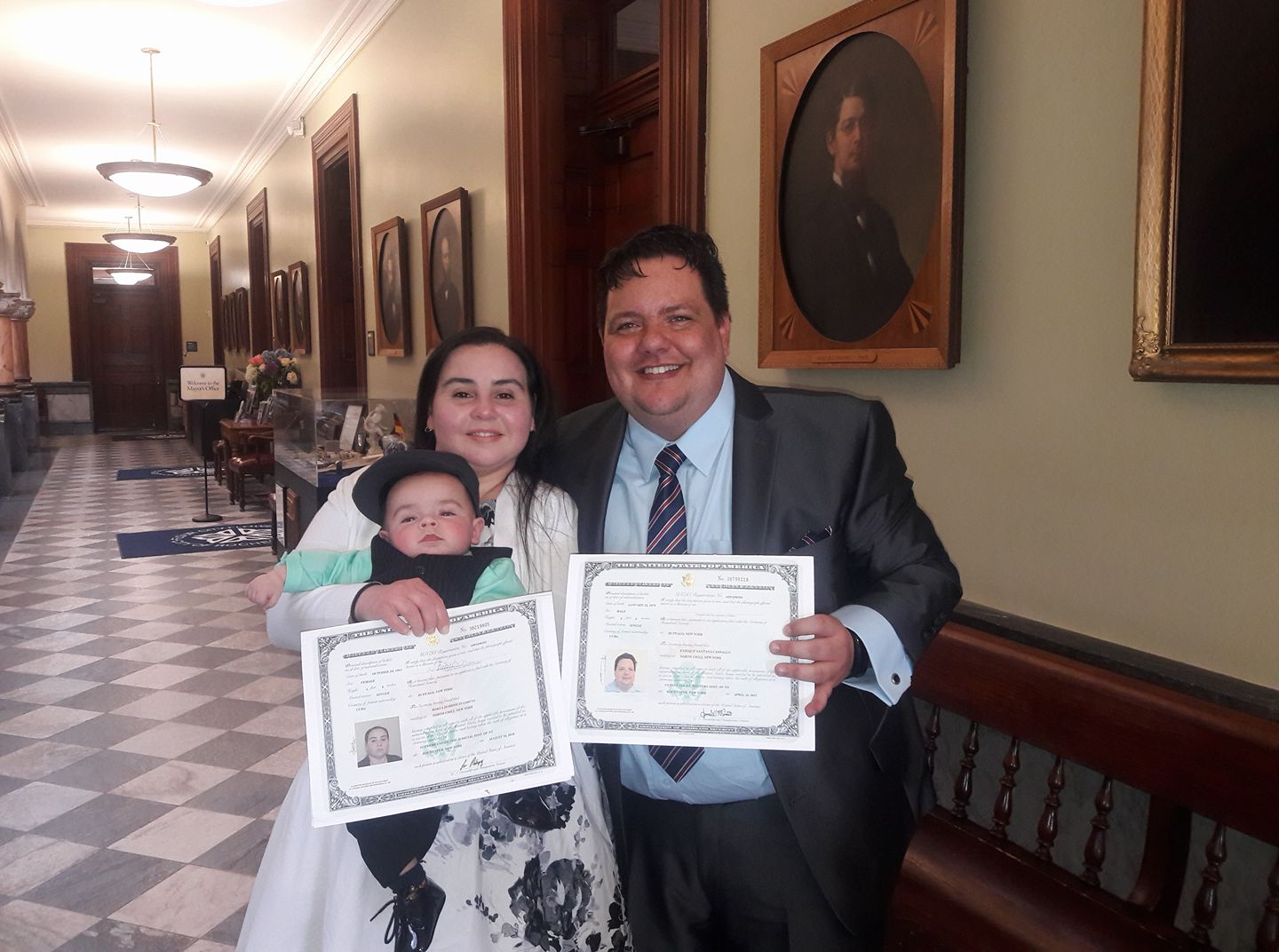
After moving to Rochester, Garcia started learning English through OACES (Office of Adult & Career Education Services) while also working at Tim Hortons as a baker. After five years, she became the manager of the store.
“In 2016, I quit my job at Tim Hortons,” Garcia said. “I knew I didn’t want to work there forever, so I started working at a daycare while I had my degree sorted out before I started working as a substitute teacher for the district.”
Because Garcia received her bachelor’s in Cuba, she had to send her degree to Josef Sinly & Associates, where she was able to get an evaluation for her degree. From there, she took two CLEP exams for the credits she was missing for her degree to count in the U.S.
“After I completed the credits that I was missing in English and communications, I was able to complete my master’s in elementary education and special education at Roberts Wesleyan University,” Garcia said.
Garcia is now working at School 35, where she is a fifth-grade teacher. She is also completing her certification in bilingual education and is happier than ever to be able to have her own voice and freedom.

